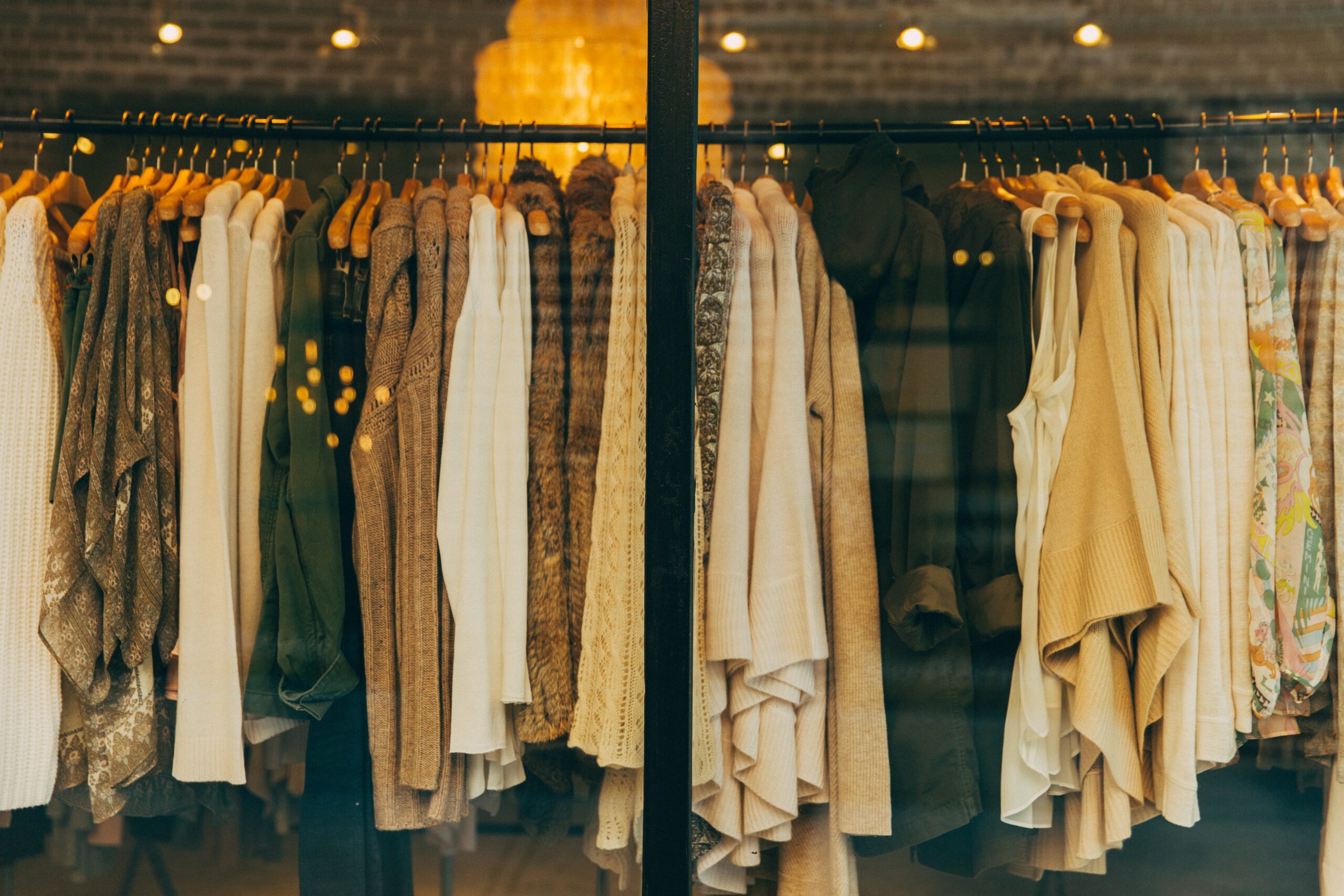Hey you!
It’s impossible to miss it. Fashion is one of the most talked about topics on social networks. And precisely, what do we see the most on our feeds? The world of slow fashion, aka committed fashion, or fast fashion? It seems that today it is still largely the second option. Passion Media dissects this information for you.
Slow fashion vs fast fashion
The world of slow fashion is slowly making its way onto social networks. Sustainable fashion, committed brands, ecological materials, minimalism, timeless collections, new production processes… But is it going to replace fast fashion? It seems that for the moment it is not yet the case. The brands most mentioned by Internet users are still those associated with fast fashion. Zara, H&M, Forever 21, Uniqlo… They are omnipresent on our feeds!
What do statistics say?
The company Kolsquare has recently conducted a study on the subject. It analyzed the behavior of more than a hundred fashion and accessories brands and deciphered no less than 6.8 million posts on 4 social networks (Instagram, TikTok, Twitter, Facebook). The goal? To know which ones are the most visible and most quoted by Internet users.
And the result is clear:
- Zara and H&M are the 2 most mentioned brands on Instagram in France
- About You is the most mentioned brand in Germany
- Zara, H&M and Asos are unanimous in the UK
What do they have in common? They are all fashion giants, and fast fashion brands. Nothing surprising in itself. They have been around for years and sell in volumes that reach a phenomenal number of people. They crush the competition, and make it more difficult for smaller brands and more responsible initiatives to emerge.
Fast fashion: towards a more virtuous model?
Sustainable development is a subject that is becoming more and more important. Brands are challenged by Internet users, consumers are more demanding, labels are multiplying, NGOs and associations are denouncing bad practices… In short, how do they react to this phenomenon? They multiply little by little the initiatives (recovery of old clothes, collections in ecological materials, donations to associations, etc…). If these are positive initiatives, they remain minimal changes, which do not change at this stage the way of conceiving and thinking about fashion. But beware, greenwashing is a sensitive issue that can make them lose some points. It is likely that the fashion landscape in 10 years will be nothing like the one we know today. Will it be more green and committed as the trend seems to suggest? We’re going to take a close look at the subject.
More and more demanding influencers
The low prices of fast fashion allow brands in this field to dominate the market. However, the trend is starting to change. Consumers are turning more and more to committed influencers and brands, and this on all subjects (fashion, inclusiveness, ecology, etc…). Some hashtags on this line are beginning to make a place for themselves. We think for example of #slowfashionmovement, #upcycling, #diy, or, in another register, #bodypositive (3.9 billion views on TikTok). In short, around here we can’t wait to see what the future of fashion holds for us.
Emma Watson is one of the best ambassadors of slow fashion. A little preview with this post where she talks about an app around responsible fashion.
*The study cited the analysis of Kolsquare data. It was conducted on more than 1.7 million Kolsquare influencers including 207,019 profiles specific to different fashion sectors: accessories, jewelry, lingerie, shoes, children, luxury, sportswear, independent brands. Posts analyzed between June 2020 and May 2021 were identified through fashion-related hashtags and brand mentions on Instagram, Youtube, TikTok, Facebook and Twitter.
)

